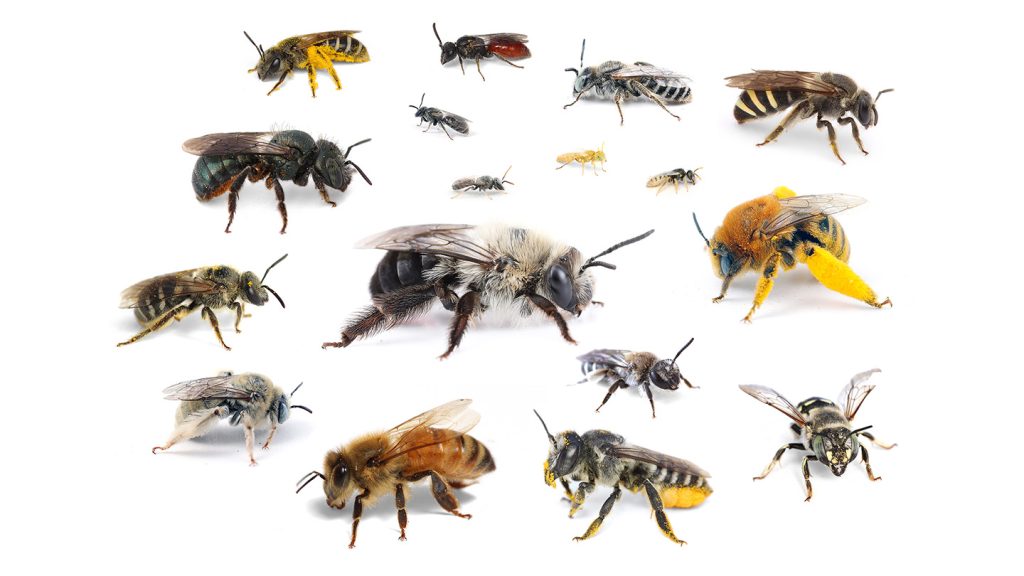A new study published in Sustainable Environment found that cars are likely responsible for killing tens of millions of bees each day in the western United States. The loss of bees, essential pollinators of wild plants and a third of the world’s crops, can be attributed to roads where medians and shoulders provide space for flowering plants to grow along with bringing insects like bees closer to vehicles. Researchers have previously documented the ongoing “insect apocalypse” by counting dead insects along roadsides, but those studies have primarily focused on larger species in forested landscapes. Bee diversity is highest in arid, open regions where most bees are tiny, ranging from 2 to 25 millimeters in length.
To investigate bee deaths caused by vehicles, researchers attached sticky paper to the bumpers of midsize vehicles and drove along stretches of highways, paved roads, and unpaved roads during daylight hours when bees are typically active. The team conducted 29 trips around Utah in spring and summer, covering more than 9,334 kilometers and identifying struck bees down to the genus level. Every trip resulted in at least one bee fatality, representing 14 genera of bees. The researchers estimated that one car traveling between Salt Lake City and Moab might kill 50 to 175 bees, resulting in several million bee fatalities when scaled up to the 94,000 cars traveling that route daily.
While the calculations are based on simplified assumptions, the researchers stress the importance of taking the findings seriously as millions or even billions of bees may be impacted by vehicle-related deaths each day in the region. The team suggests ways to mitigate these deaths by planting healthy habitats along roadsides to prevent bees from crossing roads unless there is vegetation in the median. This solution could help reduce the number of bee fatalities caused by car collisions. Overall, the study highlights the need to address the issue of bee deaths due to vehicles and find ways to protect these essential pollinators from harm.
Evolutionary ecologist Joseph Wilson, who led the study, notes that regardless of the exact number of bees being impacted by cars each day, it is a significant problem that needs to be addressed. Wilson believes that they are likely underestimating the actual number of bee fatalities, as every time they drove, they hit at least one bee. Millions of cars travel daily in Utah and nearby states, indicating that the total estimate of bees killed each day in the region may be in the tens of millions. The team emphasizes the need for further research and solutions to protect bees from being killed by vehicles.
The study sheds light on the significant impact of cars on bee populations in the western United States and calls for measures to mitigate bee deaths caused by vehicles. Bees play a crucial role in pollinating wild plants and crops, making their protection essential for maintaining ecosystems and food production. By implementing strategies such as planting healthy habitats along roadsides, it may be possible to reduce the number of bee fatalities related to vehicle collisions. Further research and action are needed to address the issue and protect bees from unnecessary harm.


